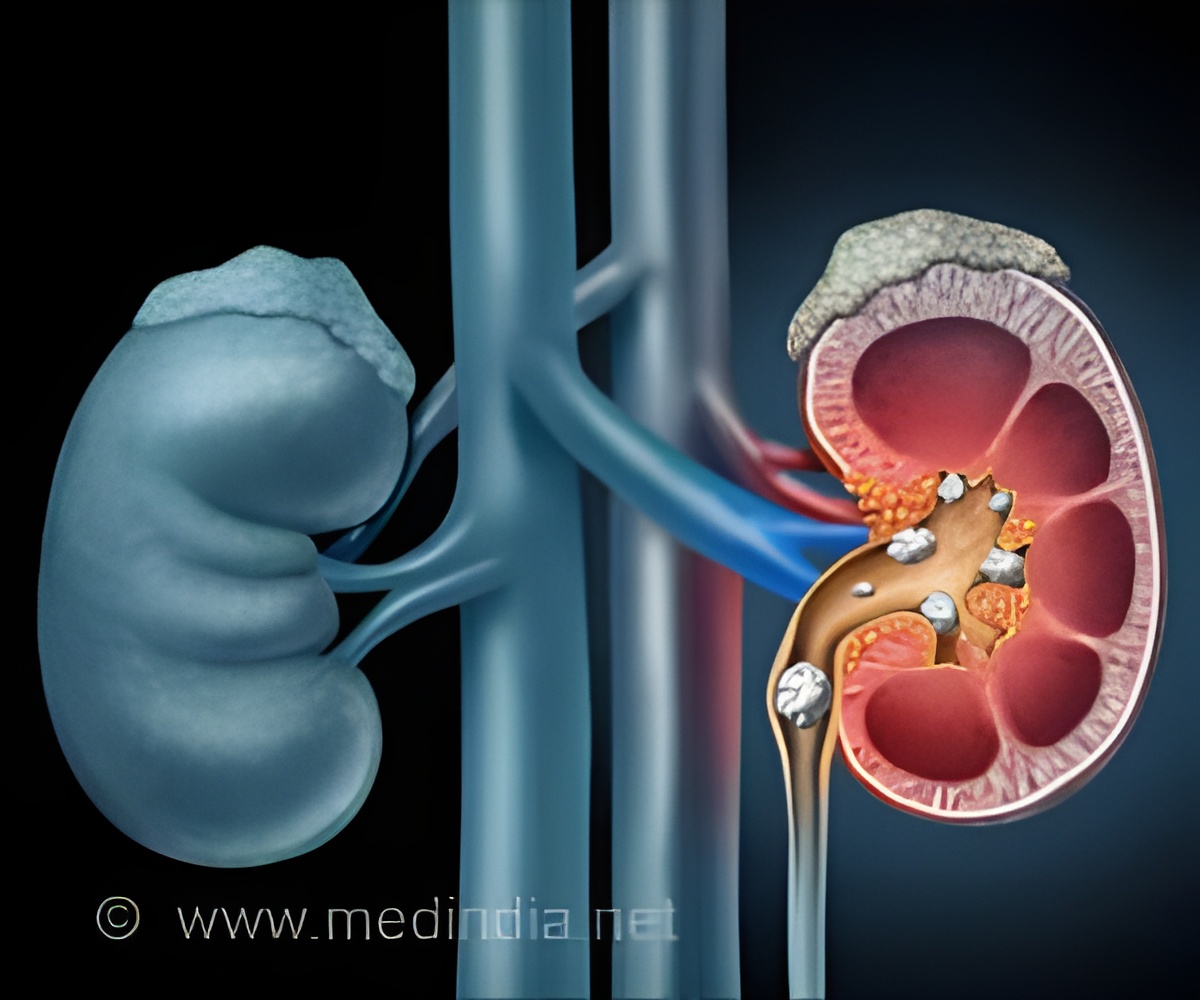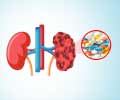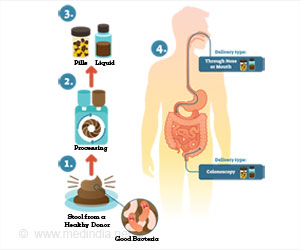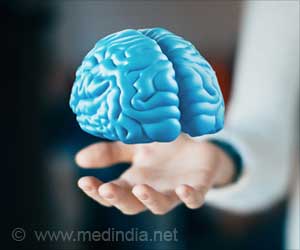Low-dose lithium blocks GSK3-beta - an enzyme linked to cellular aging in the kidney and a decline in kidney function.

‘Researchers used lithium chloride to inhibit GSK3-beta, which achieved similar results. Mice had lower levels of albuminuria - or protein in the urine - improved kidney function and less cellular deficiency compared to a control group.’





"As people are living longer than ever, it's crucial we find ways to slow or halt kidney ageing. Our findings suggest lithium may indeed have significant potential to do just that, reducing the burden of renal disease," Gong added. Even in the absence of any identifiable kidney disease, the organ's function tends to decline as people age, by as much as 50 per cent, increasing elderly patient's risk of developing kidney failure and complicating treatment of other medical conditions.
In the study, the team first demonstrated that knocking out the gene responsible for producing GSK3-beta slowed kidney ageing and preserved kidney function in animal models.
The results very clearly showed low-dose lithium attenuates kidney ageing in mice.
Further, the researchers also reviewed a group of psychiatric patients to assess their kidney health.
Advertisement
Advertisement
"But you only need a really small dose to produce the anti-ageing effect in other organs," Gong said.
Source-IANS















